
The blockchain industry has long promised democratization, yet women represent a striking minority in cryptocurrency spaces. Enter Maggie Love, whose platform SheFi challenges this paradox by transforming how women engage with decentralized finance and Web3 technologies.
An Unconventional Entry Into Blockchain
Fresh out of Northwestern University, Love secured a strategic position at IBM's Watson Financial Services division at age 23—a role traditionally reserved for MBA graduates. Her entry into blockchain came unexpectedly during a routine meeting when the term surfaced in conversation. Intrigued, she acquired Blockchain Revolution and absorbed it within 48 hours, sparking what would become a career-defining pivot.
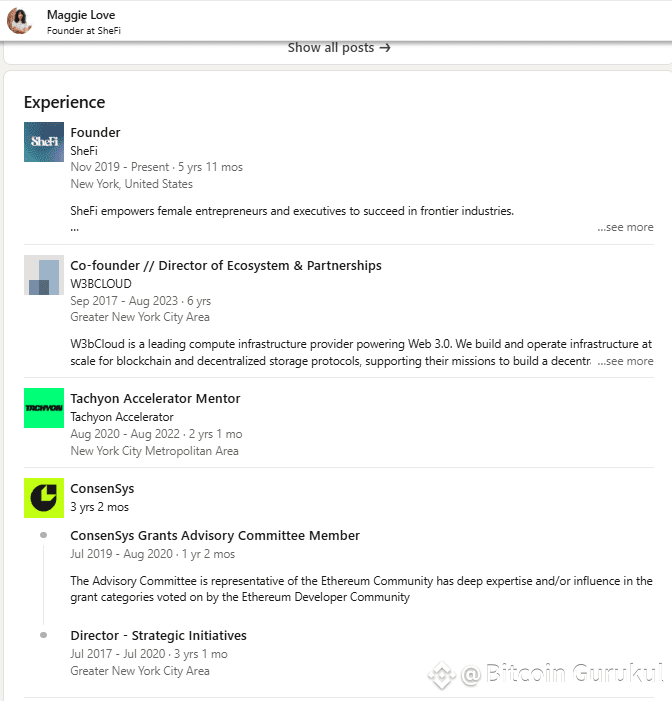
Identifying the Gender Gap
Love's three-year tenure at ConsenSys, working alongside Ethereum co-founder Joseph Lubin starting in 2017, exposed her to both blockchain's transformative potential and its significant accessibility challenges. She observed a troubling contradiction: while cryptocurrency markets promoted themselves as barrier-free, the community culture remained unwelcoming to women. This disconnect became the foundation for her next venture.
Creating SheFi: From Concept to Community
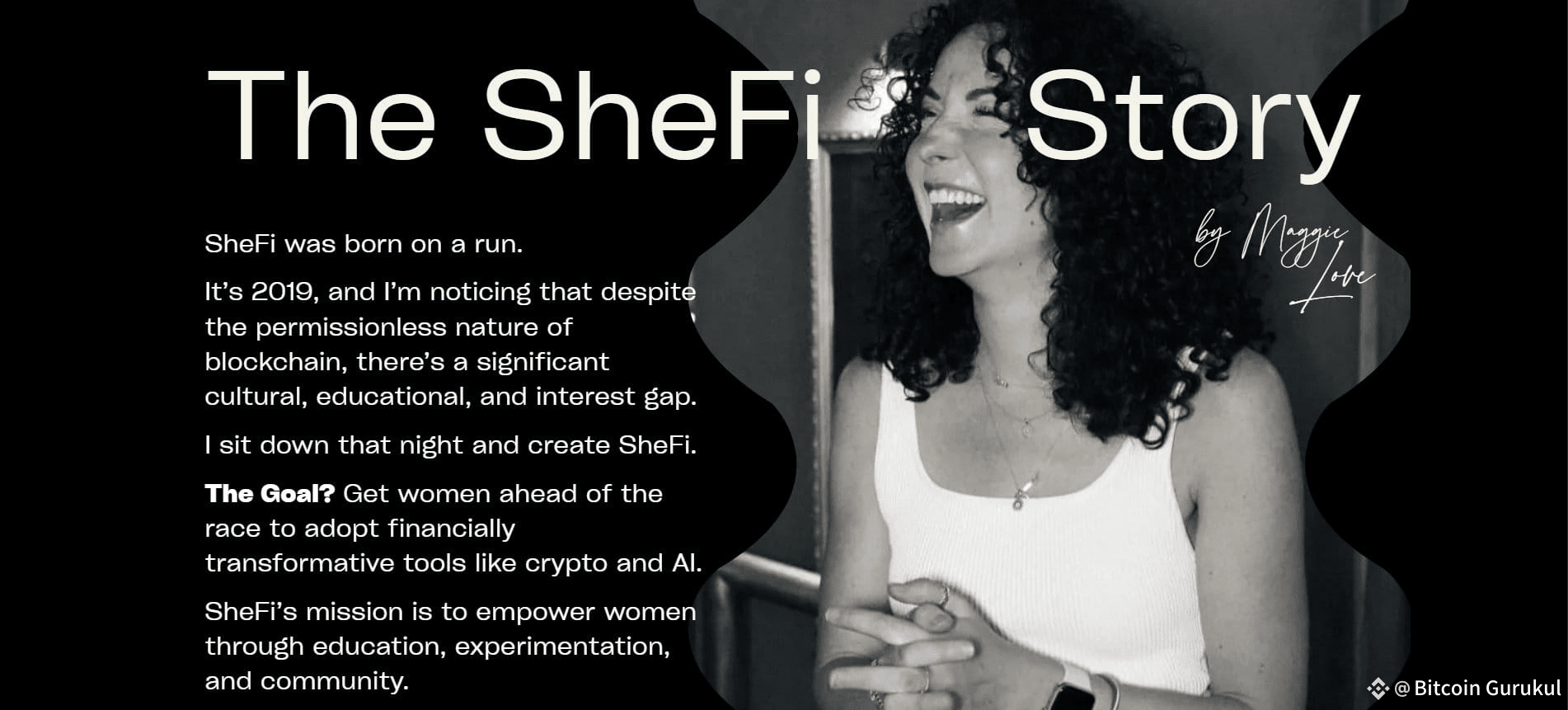
During a fall 2019 run accompanied by electronic music, Love conceived SheFi—merging "She" with "DeFi" to represent both identity and purpose. The 2020 pandemic lockdowns provided an unexpected opportunity to test her vision. Beginning with Zoom-based sessions, she gathered $150 in DAI cryptocurrency, experimented with the Compound protocol, and redirected profits to charitable organizations. This hands-on approach made complex financial technology tangible and relevant.
SheFi officially launched on April 16, 2020, starting with 20 participants in New York City.
Building an Educational Ecosystem

SheFi's eight-week curriculum has earned recognition as the "MBA of Web3." The program features creatively titled sessions including "What the Fi is DeFi," "I Want My NFTs!," and "Becoming a Blockchain Baddie." Participants receive more than 24 hours of live instruction, complete blockchain-based challenges, earn NFT credentials, attend career development workshops, and connect at international gatherings.
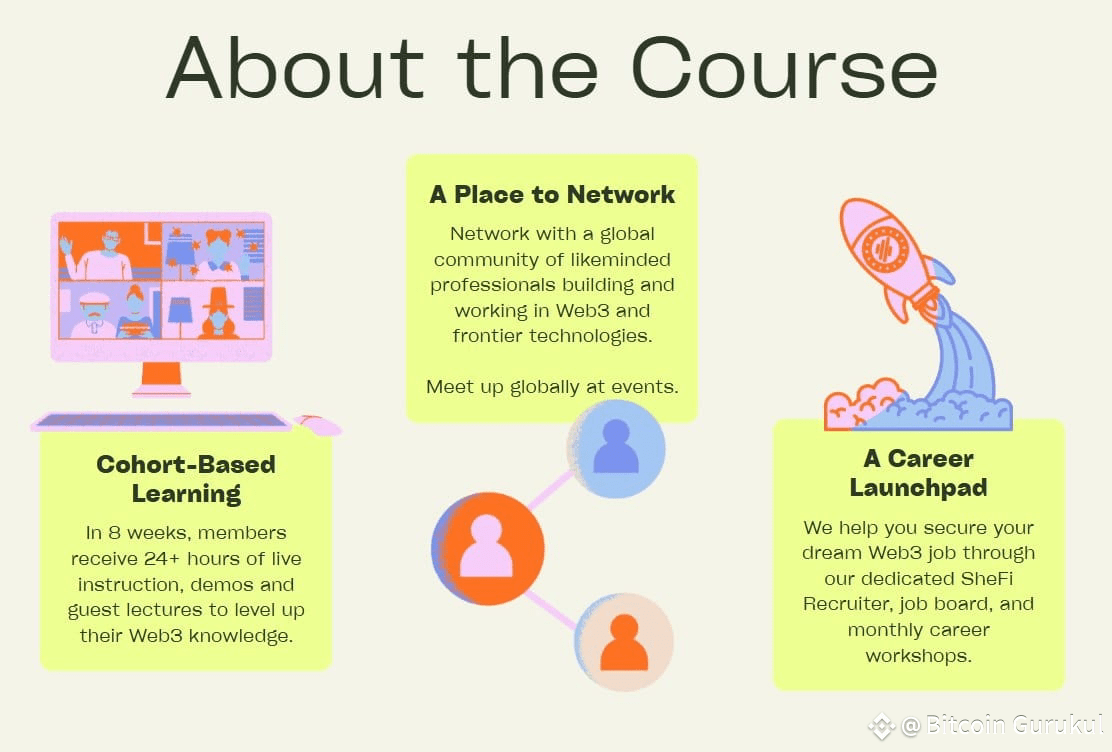
By 2025, the initiative has welcomed over 10,000 women from more than 100 countries into cryptocurrency spaces, expanding from its initial New York cohort to a 3,000-member global network.
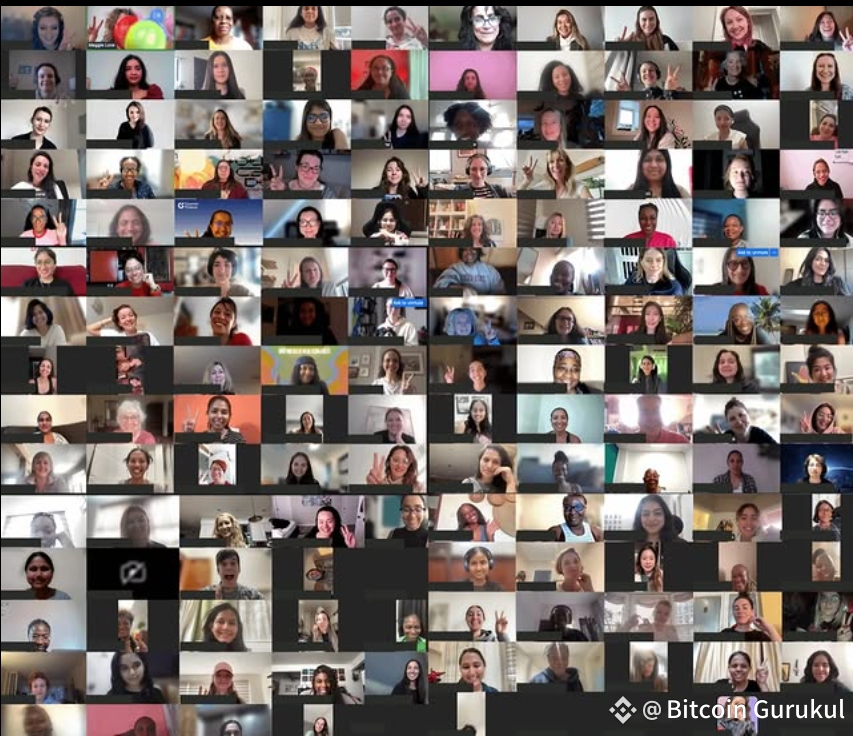
Measuring Real-World Impact
The program's success extends beyond numbers. Graduates have leveraged their Web3 knowledge to secure industry positions, launch decentralized autonomous organizations, and establish their own ventures. One particularly powerful testimonial describes how a participant used her blockchain career earnings to fund specialized care for her daughter with autism while leaving an abusive relationship.
Strategic collaborations with Polygon, Lens Protocol, and Mastercard have amplified SheFi's influence, converting educational access into practical adoption across the cryptocurrency ecosystem.
Reframing Cryptocurrency's Promise

Love characterizes cryptocurrency as "inherently feminist technology" because it enables financial participation without traditional gatekeepers. However, she emphasizes that this inherent potential materializes only when communities actively cultivate inclusive environments. Her work directly addresses the gap between blockchain's theoretical openness and its practical exclusivity.
Current Momentum and Future Direction
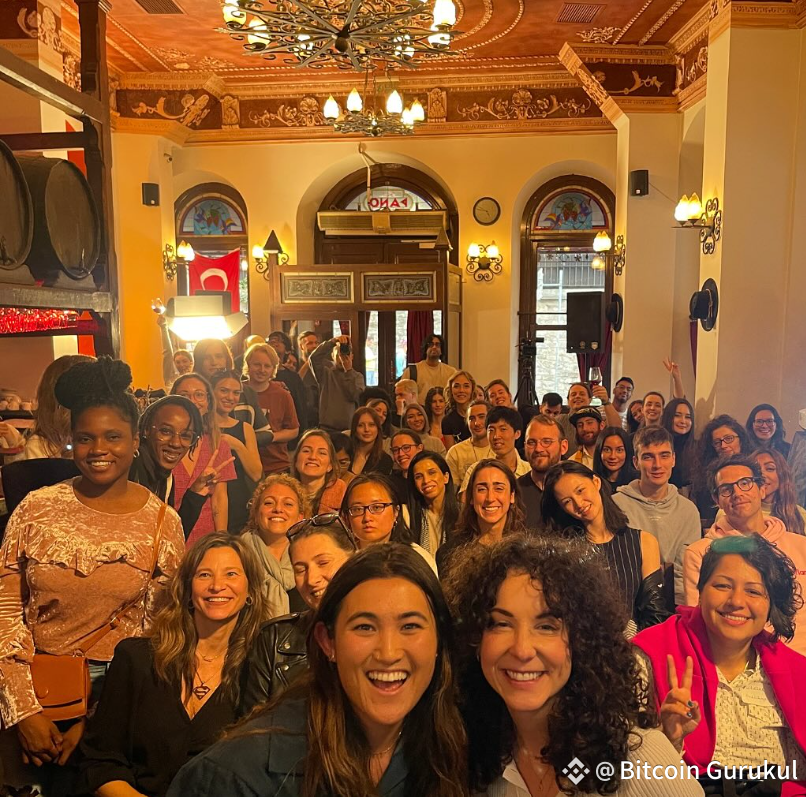
Now in Season 15, SheFi has secured selection for the Ethereum Foundation's OctantApp fund (valued at over $1 million) and maintains partnerships with ETHGlobal and Consensus. The platform continues expanding its educational offerings while strengthening its career placement infrastructure.

Why This Movement Matters
Love's journey from IBM strategist to Web3 educator demonstrates how addressing systemic barriers requires more than awareness—it demands dedicated infrastructure. SheFi doesn't merely teach technical skills; it constructs pathways where none previously existed, converting cryptocurrency's theoretical accessibility into practical reality for thousands of women worldwide.
The question facing the blockchain industry isn't whether it can be inclusive—it's whether leaders will invest in making inclusion tangible. Love's work with SheFi provides a replicable model for closing the gender gap in emerging technologies, proving that intentional community-building can reshape industry demographics.
As Web3 technologies continue evolving, initiatives like SheFi ensure that the future of decentralized finance reflects diverse perspectives rather than replicating historical exclusions. For women interested in cryptocurrency but uncertain where to begin, Love's platform offers both education and community—two essential ingredients for navigating complex technological transitions.


